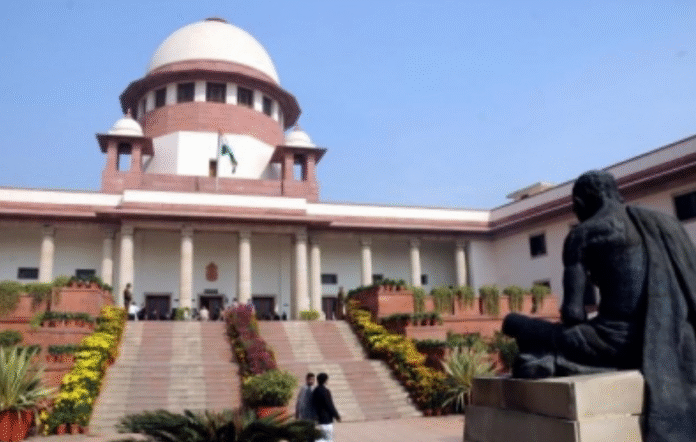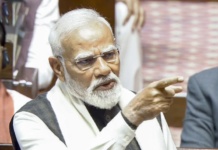NEW DELHI– The Supreme Court on Wednesday cautioned that allowing Governors to indefinitely withhold assent to Bills without returning them to state legislatures would leave the functioning of elected governments at the “whims and fancies” of Governors. The observation came during a hearing on a Presidential reference under Article 143 of the Constitution, following the court’s earlier ruling in the Tamil Nadu Bills case.
A five-judge Constitution Bench led by Chief Justice B.R. Gavai heard the matter after President Droupadi Murmu sought clarity on a Governor’s constitutional options when presented with a Bill under Article 200. Solicitor General Tushar Mehta, appearing for the Union government, argued that a Governor could permanently withhold assent without sending the Bill back for reconsideration. He said Article 200 gives Governors four choices: granting assent, withholding assent, reserving the Bill for Presidential consideration, or returning it to the Assembly.
CJI Gavai pushed back, warning that such an interpretation would effectively give Governors unchecked power to stall legislation passed by elected assemblies. “Would we not be giving total powers to the Governor to sit in appeal? The government elected with the majority will be at the whims and fancies of the Governor,” he said. The court also questioned whether Governors in practice had met the Constituent Assembly’s vision of maintaining harmony with elected state governments.
The Solicitor General insisted that the power to withhold assent is rarely used and should apply only in extraordinary situations, such as when a Bill is unconstitutional or violates fundamental rights. The Bench will resume hearings on the matter Thursday in the case titled In Re: Assent, Withholding or Reservation of Bills by the Governor and the President of India.
The reference stems from an April 2025 judgment where the court struck down Governor R.N. Ravi’s refusal to approve 10 Tamil Nadu Bills, calling it “illegal and arbitrary.” The ruling imposed a three-month deadline for Presidential and gubernatorial assent once a Bill is re-passed by a state legislature, declaring delayed Bills as deemed to have been assented. The court also required the President to provide reasons for decisions and communicate them to state governments, effectively bringing such actions under judicial review.
President Murmu has now asked the court whether Governors are bound by the aid and advice of their councils of ministers, whether gubernatorial discretion on Bills is justiciable despite constitutional immunity under Article 361, and whether judicially imposed timelines can govern Presidential discretion under Article 201. The Supreme Court’s advisory opinion is expected to have significant implications for the balance of power between Governors, Presidents, and elected state governments. (Source: IANS)














